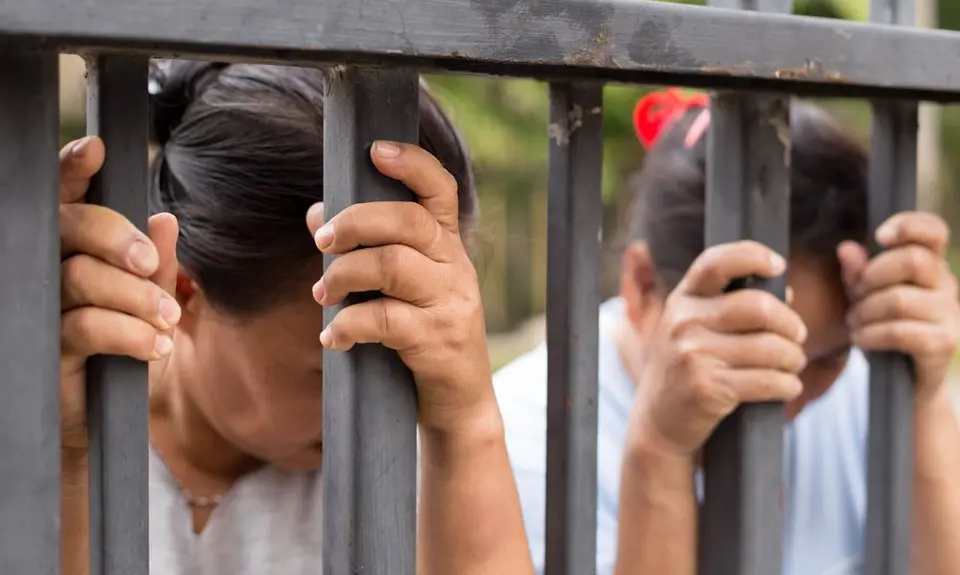“Confirmed Judges, Confirmed Fears” is a blog series documenting the harmful impact of President Trump’s judges on Americans’ rights and liberties. Cases in the series can be found by issue and by judge at this link.
Trump Ninth Circuit judge Lawrence VanDyke argued in dissent that the court should reverse preliminary injunctions against the Trump administration’s notorious “public charge” rule that harms immigrants and allow it to take effect in California and Washington, following the example of Trump judges elsewhere. The majority rejected that view and affirmed preliminary injunctions against the edict in its December 2020 decision in City and County of San Francisco v. United States CIS.
Since the 1880s, federal immigration law has provided that an immigrant who is likely to become a “public charge” can be denied entry into the US and can be denied “green card” or permanent resident status. For many years, both Republican and Democratic administrations have interpreted the term in accord with a 1999 rule that defines a “public charge” as someone who “is or is likely to become primarily dependent on the government for subsistence,” not including non-cash benefits that supplement income.
In 2019, however, the Trump Administration redefined the rule to include anyone who does or is likely to participate, even for a limited period of time, in non-cash federal assistance programs, like Medicaid, food stamps, and other social safety net programs. Although several courts issued temporary orders preventing the program from taking effect, Trump justices Gorsuch and Kavanaugh cast deciding votes in unsigned Supreme Court orders with no explanation in January and February 2020 to lift the stays and allow the program to go into effect as litigation against it continued. As advocates pointed out, the rulings threatened to “penalize poor immigrants” and “hurt immigrant communities” by “imposing a racist wealth test on the immigration system.”
Several courts have since issued preliminary or other injunctions against the Trump rule after further litigation. For example, despite a dissent by now-Justice Barrett, the Seventh Circuit upheld a preliminary injunction against the rule in Illinois, noting that it would harm many immigrants and serve as a “trap for the unwary” by “penalizing people for accepting benefits Congress made available to them” by “affirmative authorization” in legislation.
In a similar decision, the Ninth Circuit upheld preliminary injunctions against the Trump rule in California and Washington. Relying in part on the Seventh Circuit ruling and a similar Second Circuit holding, the majority explained that the plaintiffs were likely to prevail on their claims that the Trump rule is “inconsistent with any reasonable interpretation of the pubic charge bar and therefore is contrary to law,” and is also “arbitrary and capricious.” The majority also noted that although the Fourth Circuit had reversed an injunction against the law, that ruling was improperly based “in large measure” on the Supreme Court’s unexplained 5-4 orders in early 2020. The majority also pointed out that there was “substantial evidence” that the rule will “harm public safety, health and nutrition” and do other “irreparable harm,” evidence that was not available to a previous Ninth Circuit panel that had temporarily stayed the injunctions “at a particularly early point” in the litigation.
Trump judge VanDyke dissented. With no other explanation, he relied on the earlier Ninth Circuit and Fourth Circuit decisions, the Supreme Court’s stay rulings, and Justice Barrett’s dissent when she was on the Seventh Circuit, a dissent that he labeled “particularly notable for its erudition.” Hopefully the Trump rule will be repealed by the incoming Biden Administration before any of the Trump Supreme Court justices have a chance to display such “erudition” on this issue.
